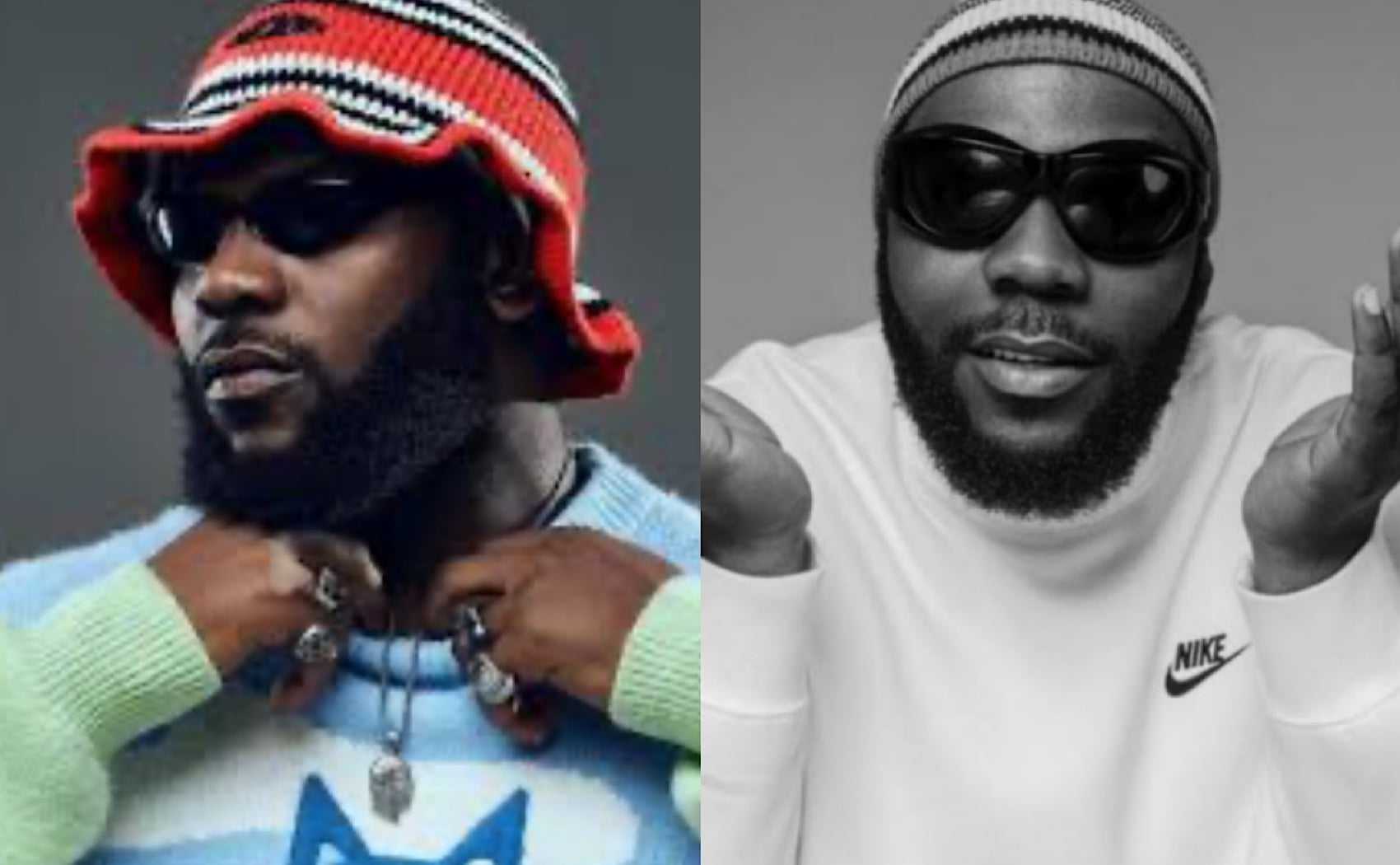Odumodu Blvck’s Lyrics and the Debate on Objectification of Women in Music

In the dynamic world of music, artists often use their lyrics to express emotions, experiences, and societal commentary. However, there are instances where the lines between artistic expression and the potential objectification of certain groups, especially women, become blurred.
This blog post was spurred out of the backlash Odumodu Blvck is currently receiving following the release of his latest single that allegedly objectifies women.
The Lyric; “If she no s*ck oh, If she no f*ck, who go pay for the wig and the hand bag?” sparked outrage that led to the modification of his Wikipedia page by disgruntled fans.

Odumodu Blvck, known for his unique style and bold lyrics, has carved a niche for himself in the music industry. Like many artists, he uses his music as a canvas to paint vivid pictures and tell stories. However, some critics have argued that his latest lyrical content ventured into the territory of objectifying women.
The use of language and visual metaphors in his lyrics has sparked conversations about the portrayal of women in his music.
Critics also point to the presence of stereotypical tropes in some of his songs, perpetuating traditional gender roles and reinforcing harmful stereotypes about women’s roles in relationships.


As an artist, Odumodu Blvck, like any other, has the right to express himself freely through his art. The question arises: to what extent should artistic freedom be protected, even when it involves potentially controversial themes? On the other hand, the argument for social responsibility suggests that artists, given their influential platforms, should be mindful of the impact their lyrics can have on shaping societal norms and perceptions.
The Complexity of Interpretation: Listener Perspectives
Music is subjective, and listeners may interpret lyrics in different ways. While some may perceive Odumodu Blvck’s songs as empowering or expressive, others may view them as contributing to the objectification of women. Encouraging open dialogue about the interpretation of lyrics fosters a deeper understanding between artists and their audience. This conversation can help bridge the gap between artistic expression and social responsibility.
However, artists, including Odumodu Blvck, have the opportunity to be more conscious of the messages they convey in their music. Greater awareness of the potential impact of lyrics on societal perceptions can lead to more intentional story telling. The music industry benefits from diverse narratives that challenge stereotypes and celebrate the complexity of human relationships. Encouraging artists to explore a range of perspectives can contribute to a more inclusive and nuanced portrayal of women in music.






